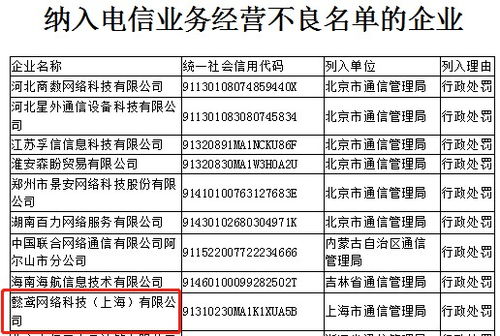Title: Establishing Effective Shareholder Management System in Early Childhood Education Centers
Shareholder management is crucial for the efficient functioning and longterm success of any business, including early childhood education centers. These centers, dedicated to the holistic development of children in their formative years, require a robust governance framework to ensure alignment of goals, transparent decisionmaking, and sustained growth. This article delves into the significance of establishing an effective shareholder management system specifically tailored for early education centers.
Early childhood education centers play a pivotal role in shaping the cognitive, social, and emotional development of young children. These centers offer structured learning programs, nurturing environments, and qualified educators to support children aged typically from infancy to around eight years old. Given the critical nature of their services, effective management is essential to maintain quality standards, foster innovation, and meet stakeholder expectations.
Shareholders in early childhood education centers may include founders, investors, educators, parents, and community stakeholders. Each of these parties holds vested interests in the center's operations, financial performance, and overall impact on children. Effective shareholder management ensures that these interests are acknowledged, aligned, and appropriately addressed in decisionmaking processes.
1. Transparent Communication: Establish channels for open communication between shareholders and management. Regular updates, newsletters, and meetings can keep shareholders informed about the center's performance, challenges, and strategic direction.
2. Defined Roles and Responsibilities: Clearly outline the roles and responsibilities of shareholders, board members, management team, and other stakeholders. This clarity minimizes conflicts, enhances accountability, and fosters collaboration.
3. DecisionMaking Protocols: Develop protocols for decisionmaking processes, especially for significant matters such as financial investments, curriculum changes, and expansion plans. These protocols should ensure inclusivity, fairness, and adherence to the center's mission and values.
4. Performance Evaluation: Implement mechanisms to assess the performance of the center against predefined benchmarks. Shareholders should have access to relevant performance data and participate in discussions aimed at continuous improvement.
5. Risk Management: Identify potential risks to the center's operations and devise strategies to mitigate them. Shareholders should be involved in risk assessment exercises and contribute insights based on their expertise and experience.
Despite its importance, effective shareholder management in early childhood education centers can face several challenges:
1. Diverse Stakeholder Expectations: Shareholders may have divergent priorities and expectations, making it challenging to achieve consensus on key decisions.
2. Limited Resources: Early education centers often operate with limited financial and human resources, necessitating prudent allocation and utilization.
3. Regulatory Compliance: Compliance with local regulations and educational standards adds complexity to management processes, requiring continuous monitoring and adaptation.
1. Establish a Shared Vision: Engage shareholders in developing a shared vision and strategic goals for the center. Aligning interests around a common purpose can facilitate cooperation and decisionmaking.
2. Invest in Communication: Invest resources in fostering transparent and regular communication channels. Utilize technology platforms, town hall meetings, and feedback mechanisms to keep shareholders engaged and informed.
3. Professional Development: Provide opportunities for professional development to shareholders, including training sessions on governance practices, early childhood education trends, and regulatory updates.
4. Adaptability: Remain adaptable to changing circumstances and stakeholder dynamics. Periodically review and refine the shareholder management system to address emerging challenges and opportunities.
Effective shareholder management is indispensable for the success and sustainability of early childhood education centers. By fostering transparency, collaboration, and alignment of interests, these centers can navigate challenges, capitalize on opportunities, and deliver highquality educational experiences to young children.

Establishing a robust shareholder management system requires commitment, communication, and continuous improvement. By prioritizing the engagement and empowerment of shareholders, early education centers can realize their mission of nurturing the next generation of learners and leaders.











